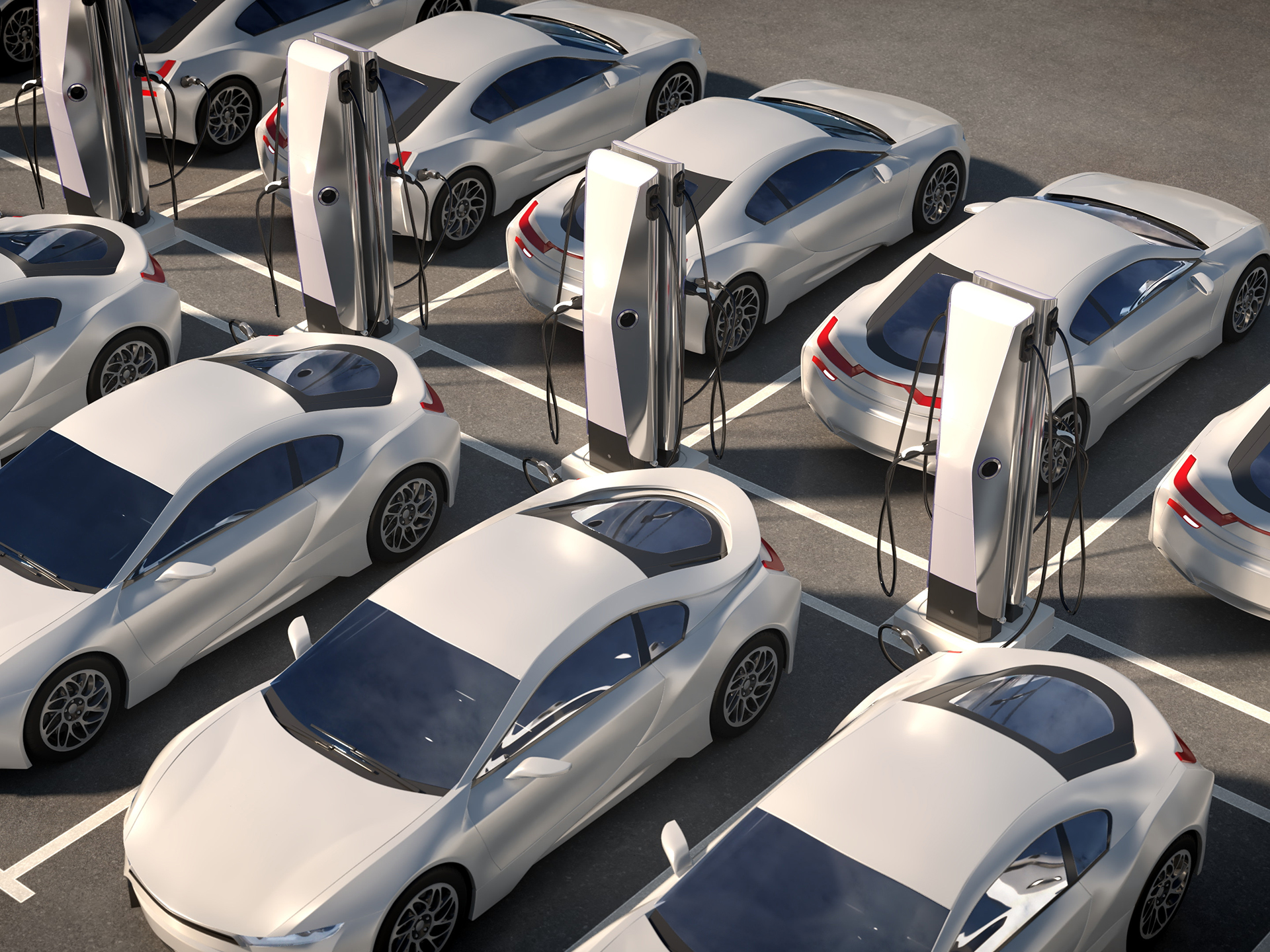
Charger data transparency: Curing range anxiety, powering EV adoption
Electric vehicle (EV) adoption faces a persistent problem: the lack of real-time data makes it hard to figure out which public chargers are working and available. A new paper by CEEPR's Christopher Knittel, Luke Heeney and co-authors proposes that states enact laws that require fast chargers to report real-time status that any EV mapping app can access.
Learn More
International carbon taxes would expand under climate proposal
"There's definitely a need to increase the ambition of the carbon pricing programs that are out there," said professor Catherine Wolfram, the William Barton Rogers Professor in Energy at the Sloan School of Management and an MIT CEEPR faculty affiliate. She is on a council of economists supporting the COP30 president ahead of the November climate conference in Belem, Brazil.
Learn More
Data center flexibility can save money but may come with higher emissions
Data centers with the capability to shift workloads to different times can avoid stressing the electric grid and save consumers money — but the shifts may increase power plant emissions in some markets, according to new research co-authored by associate dean for climate and sustainability and MIT CEEPR Director Christopher Knittel. "Our report underscores the urgency of rethinking grid management and operating data centers more flexibly — especially when it comes to AI training," he said.
Learn More
Clean Investment
Monitor
The Clean Investment Monitor (CIM) is a joint project of the MIT Center for Energy and Environmental Policy Research (CEEPR) and the Rhodium Group. The CIM tracks public and private investments in climate technologies in the United States. Through this data and analysis, the CIM provides insights into investment trends, the effects of federal and state policies, and on-the-ground progress in the U.S. towards net-zero greenhouse gas emissions.
The CIM covers dozens of different technologies and their input components across all sectors of the economy, including for clean electricity and transportation, building electrification, low-emission industrial production, and carbon management.
Learn More
Climate Action
Through Education
The MIT Climate Action Through Education (CATE) program, directed by Professor Christopher R. Knittel, has developed an MIT-informed interdisciplinary, place-based climate change curriculum for U.S. high school teachers in the following core disciplines: History/Social Science, English/Language Arts, Math, and Science.
Curricular materials – labs, units, lessons, projects – will be aligned with Next Generation Science Standards, and MA education standards. The solutions-focused curriculum aims to inform students about the causes and consequences of anthropogenic climate change, while equipping them with the knowledge and sense of agency to contribute to climate mitigation, adaptation and resilience.
Learn More
Driving Towards
Seamless Public
EV Charging
Widespread electric vehicle (EV) adoption is critical to confronting climate change – but a lack of sufficient public charging infrastructure is holding many potential EV drivers back. A team of researchers from Harvard and the MIT Center for Energy and Environmental Policy Research will work to accelerate progress on public EV charging as a gating requirement to achieving widespread EV adoption. The team will contribute by working directly with stakeholders and stakeholder groups to identify barriers to seamless public EV charging, build consensus for solutions, and advance those solutions.
Learn More
The Roosevelt
Project
Transitioning the United States economy toward deep decarbonization will have unequally distributed effects, positive and negative, across socio-economic groups, geographies and economic sectors. The concerns of workers and communities adversely affected by the transition must inform the discussion around decarbonization, associated policy changes and institutional development. The goal of the Roosevelt Project is to provide an analytical basis for charting a path to a low carbon economy in a way that promotes high quality job growth, minimizes worker and community dislocation, and harnesses the benefits of energy technologies for regional economic development.
Learn More






